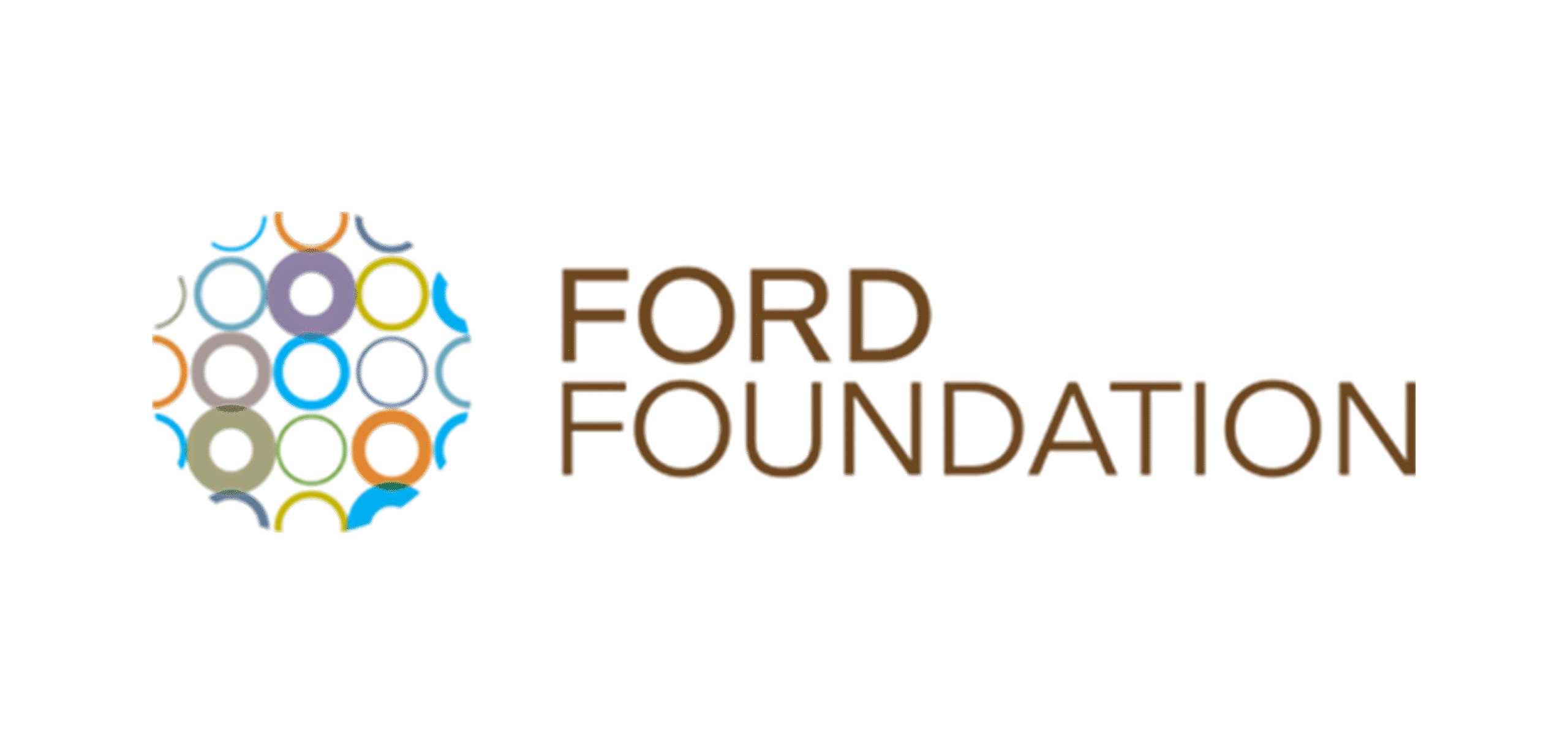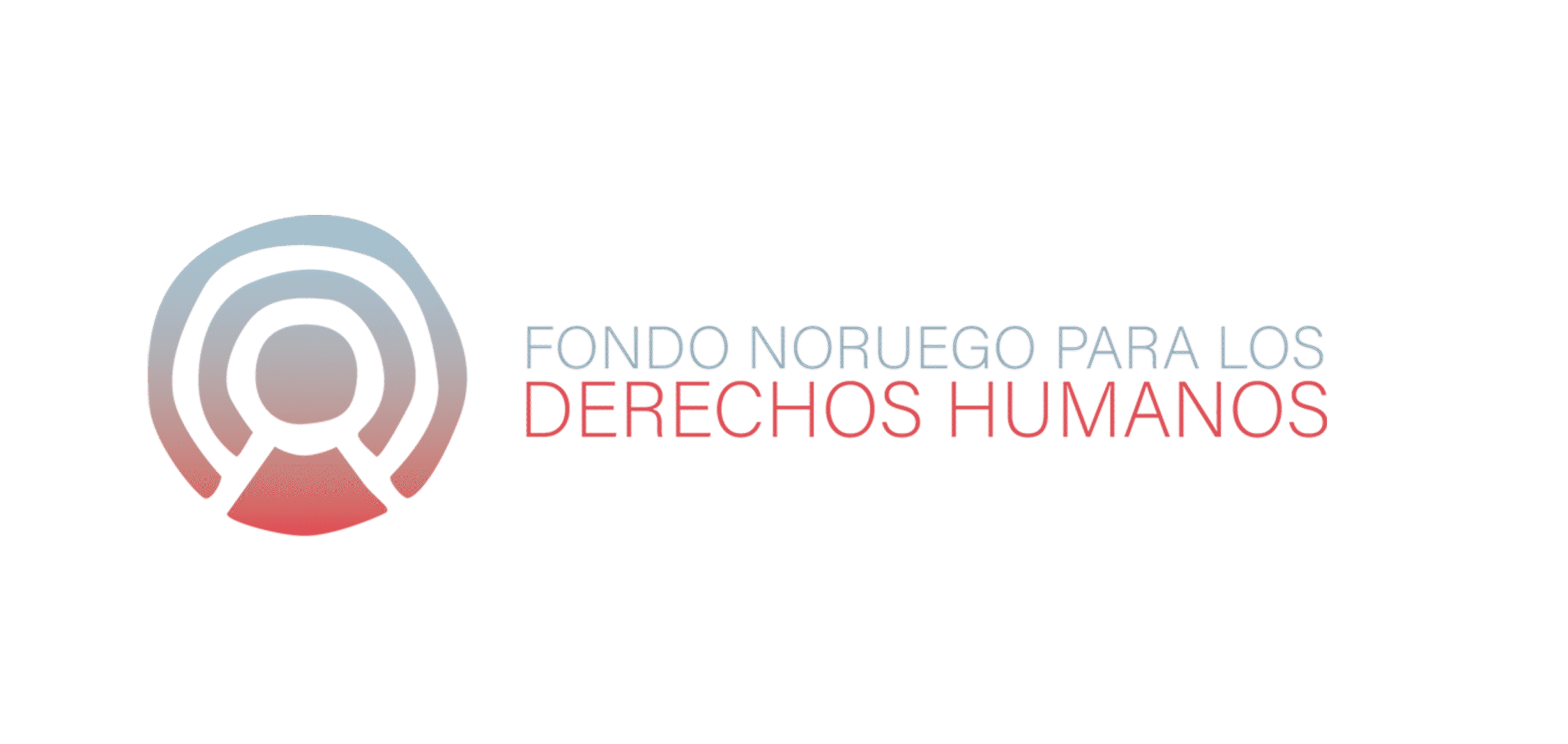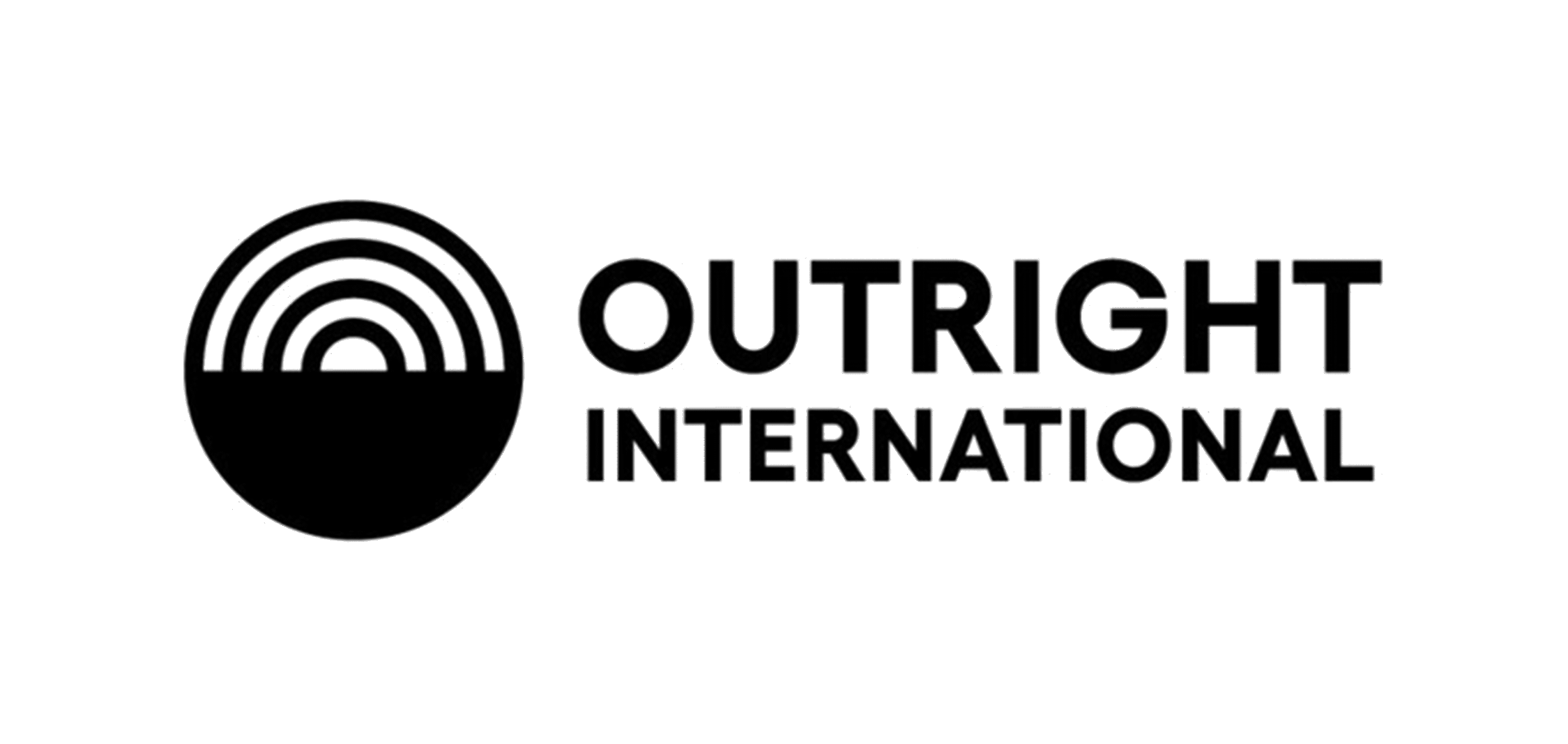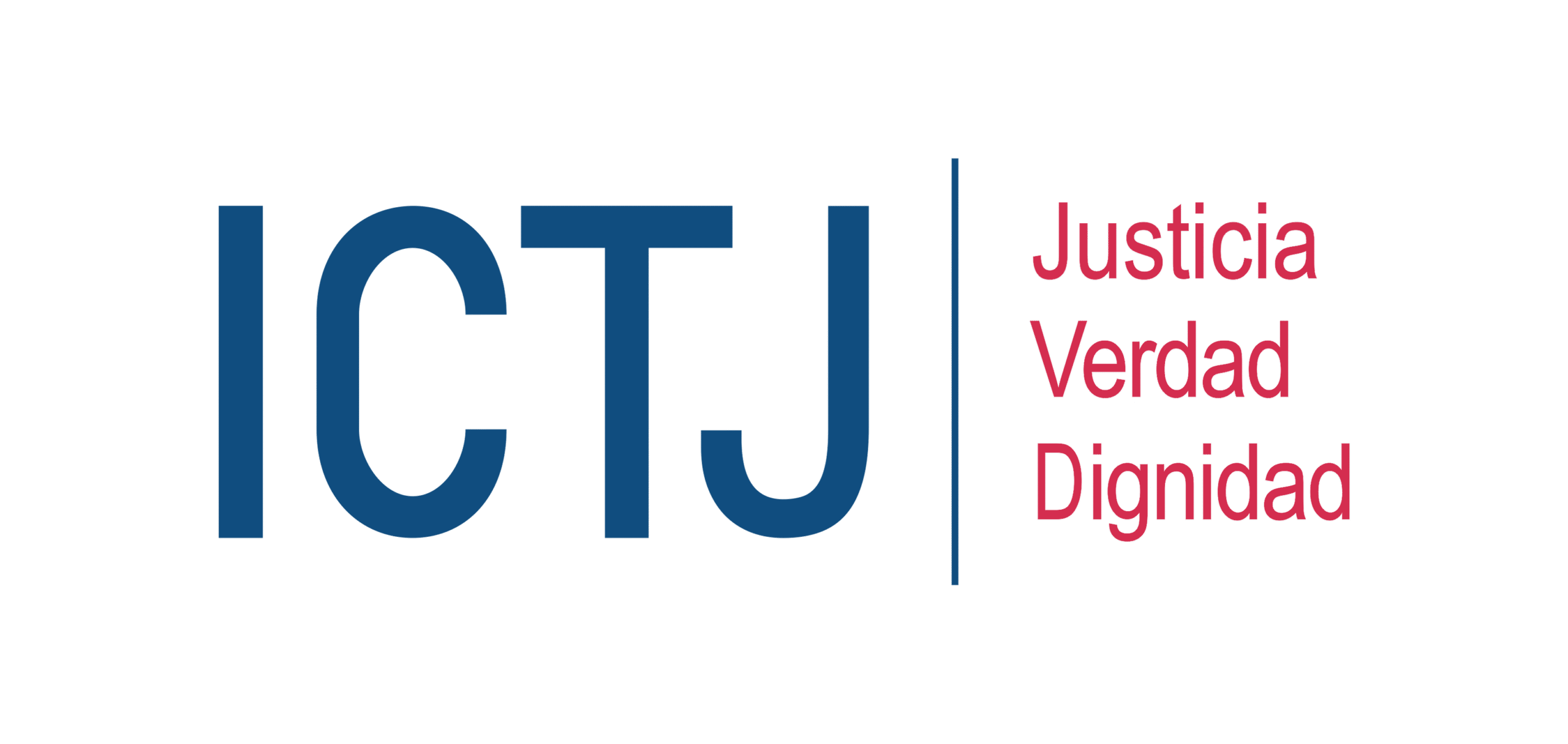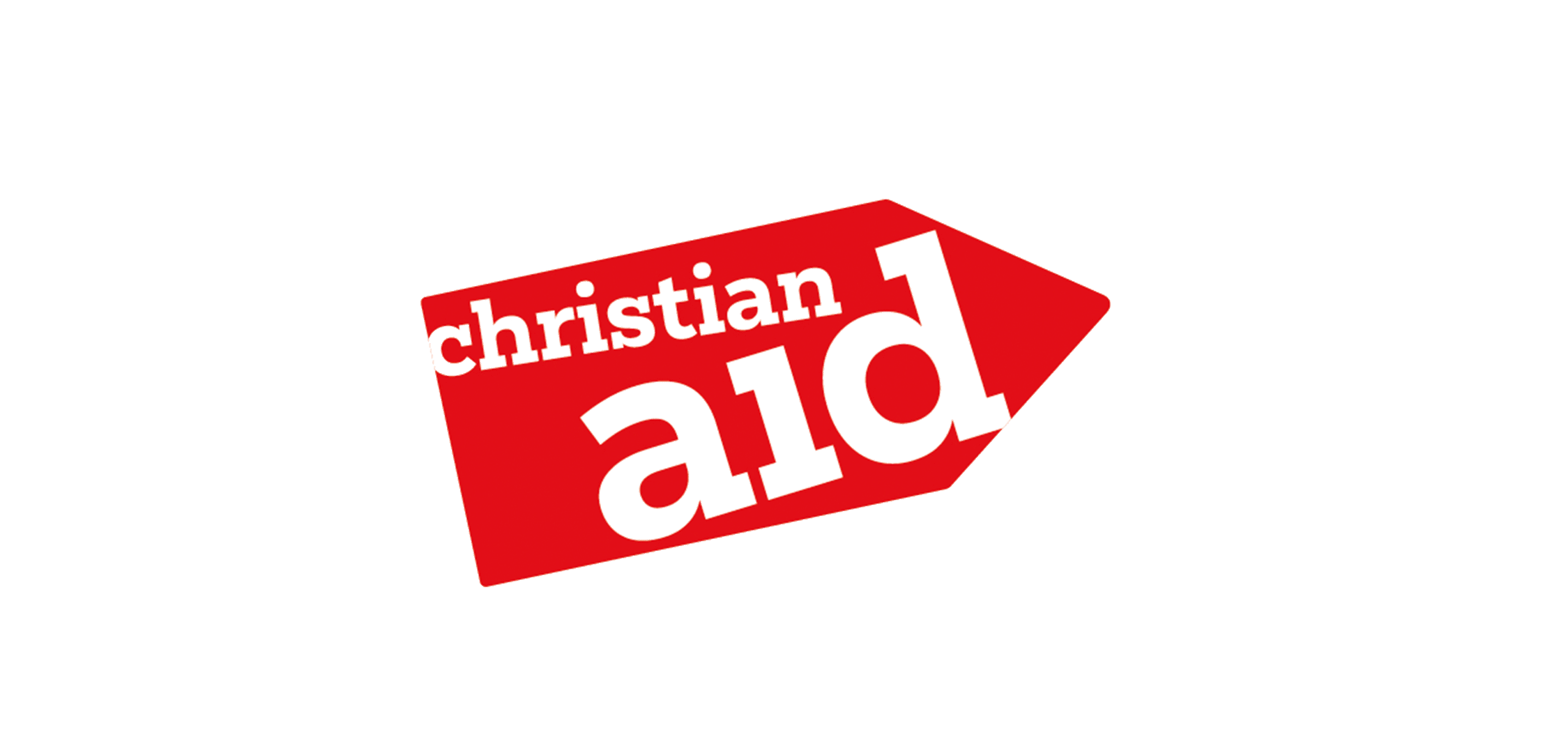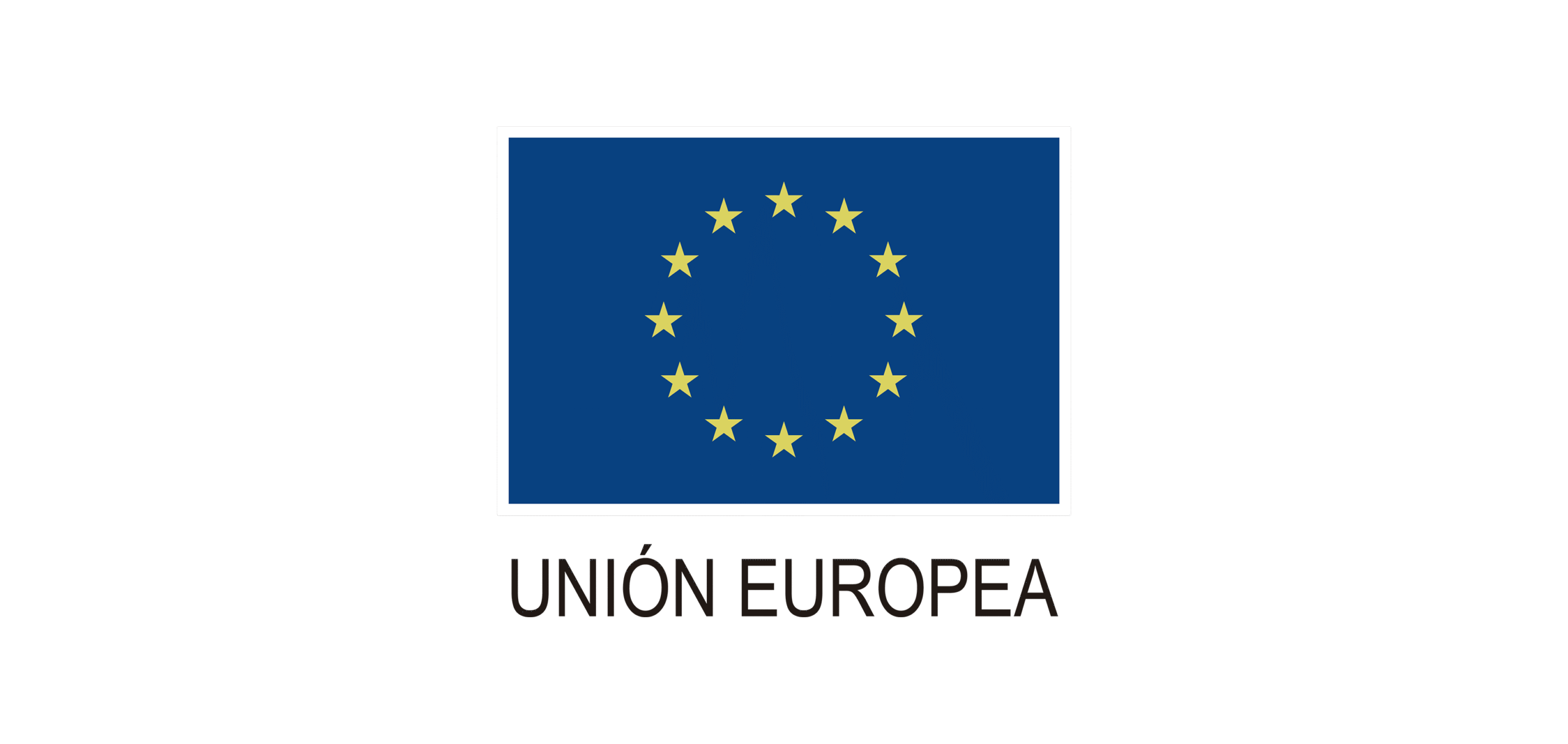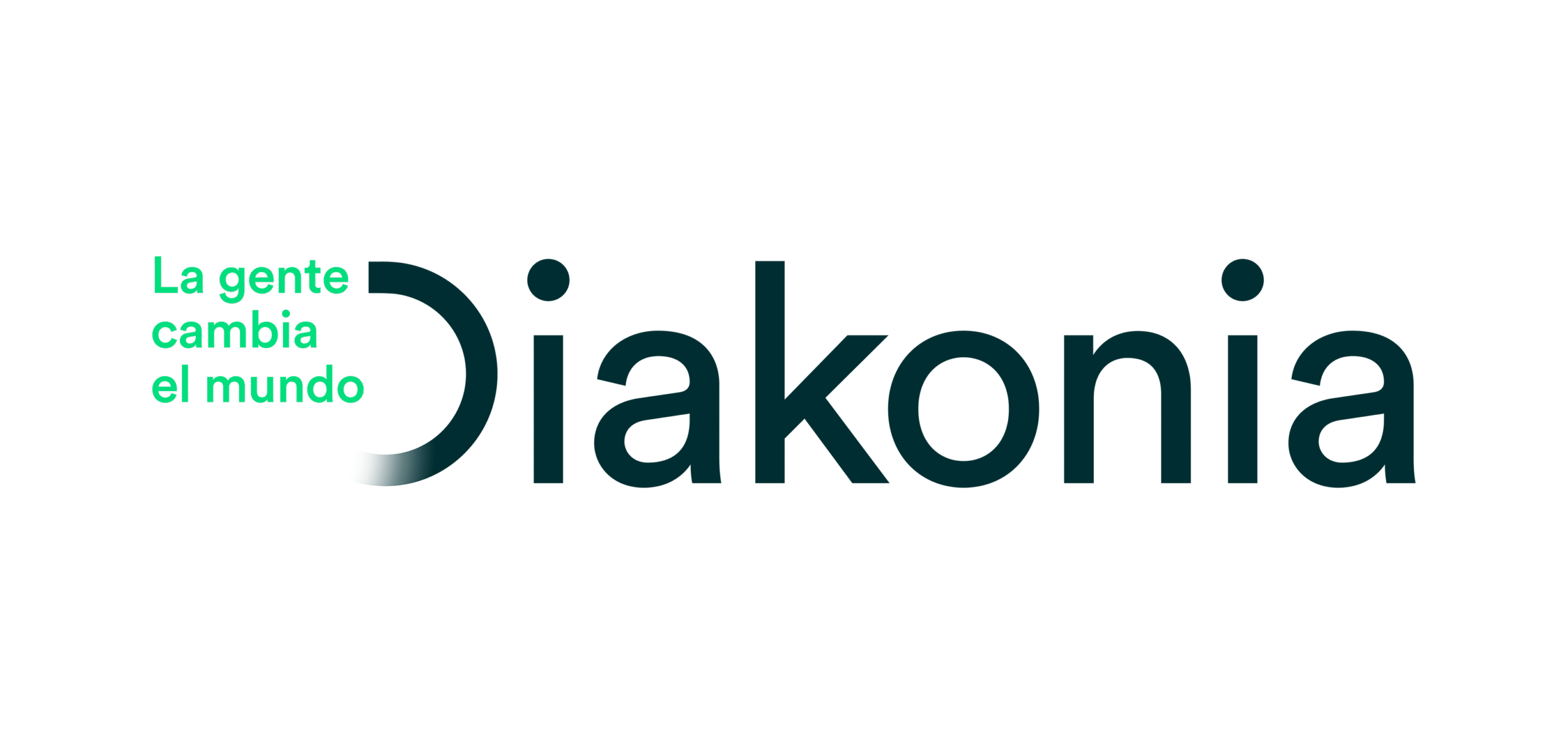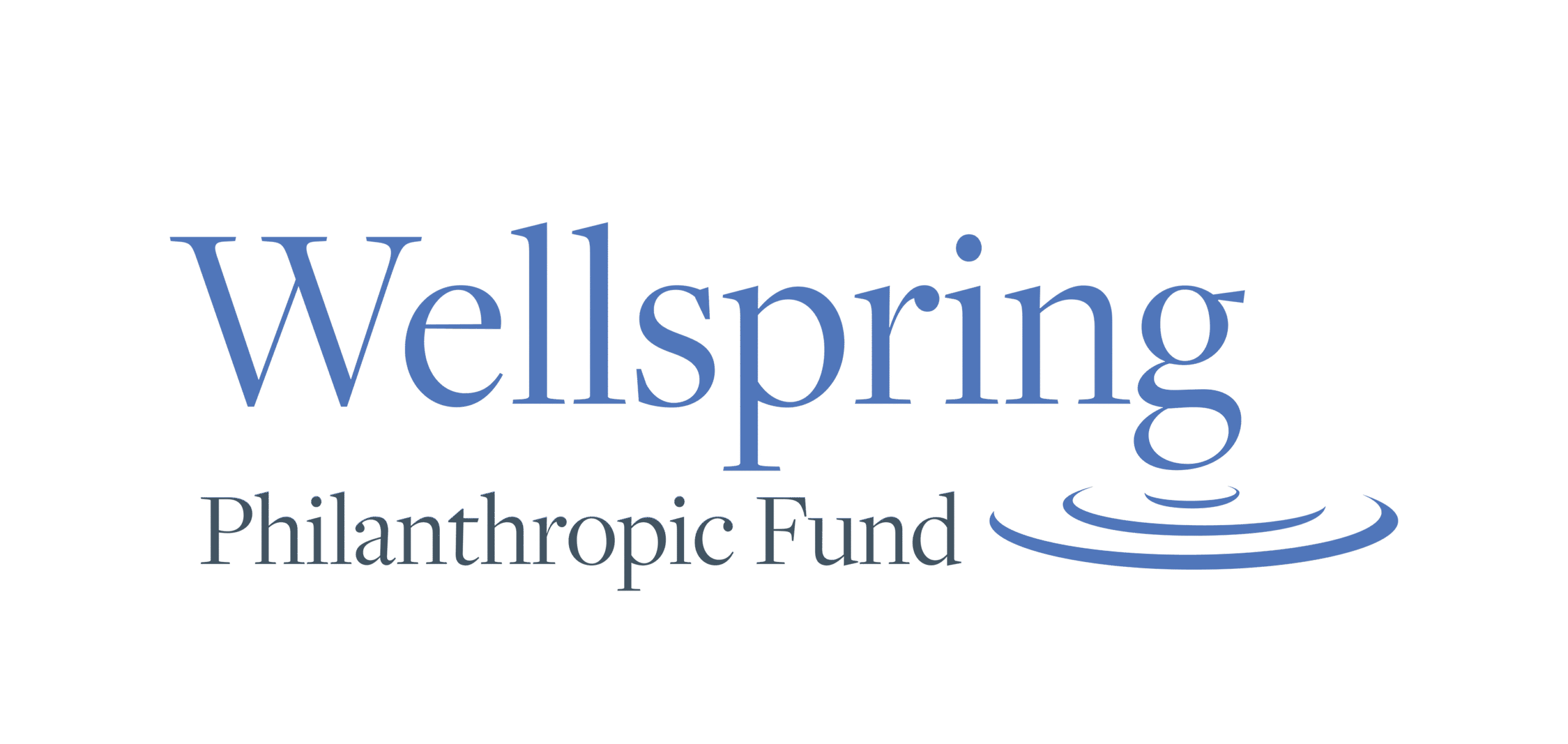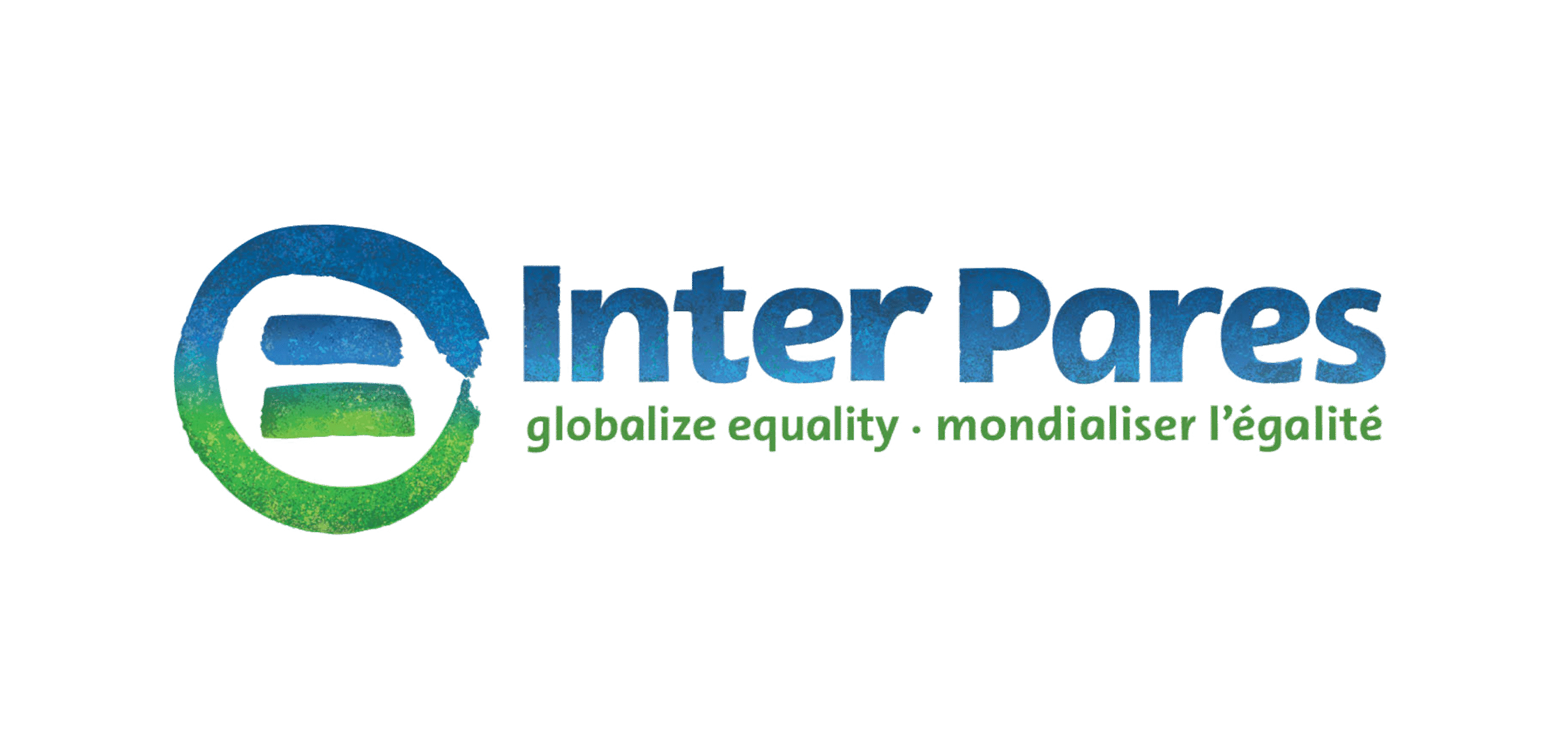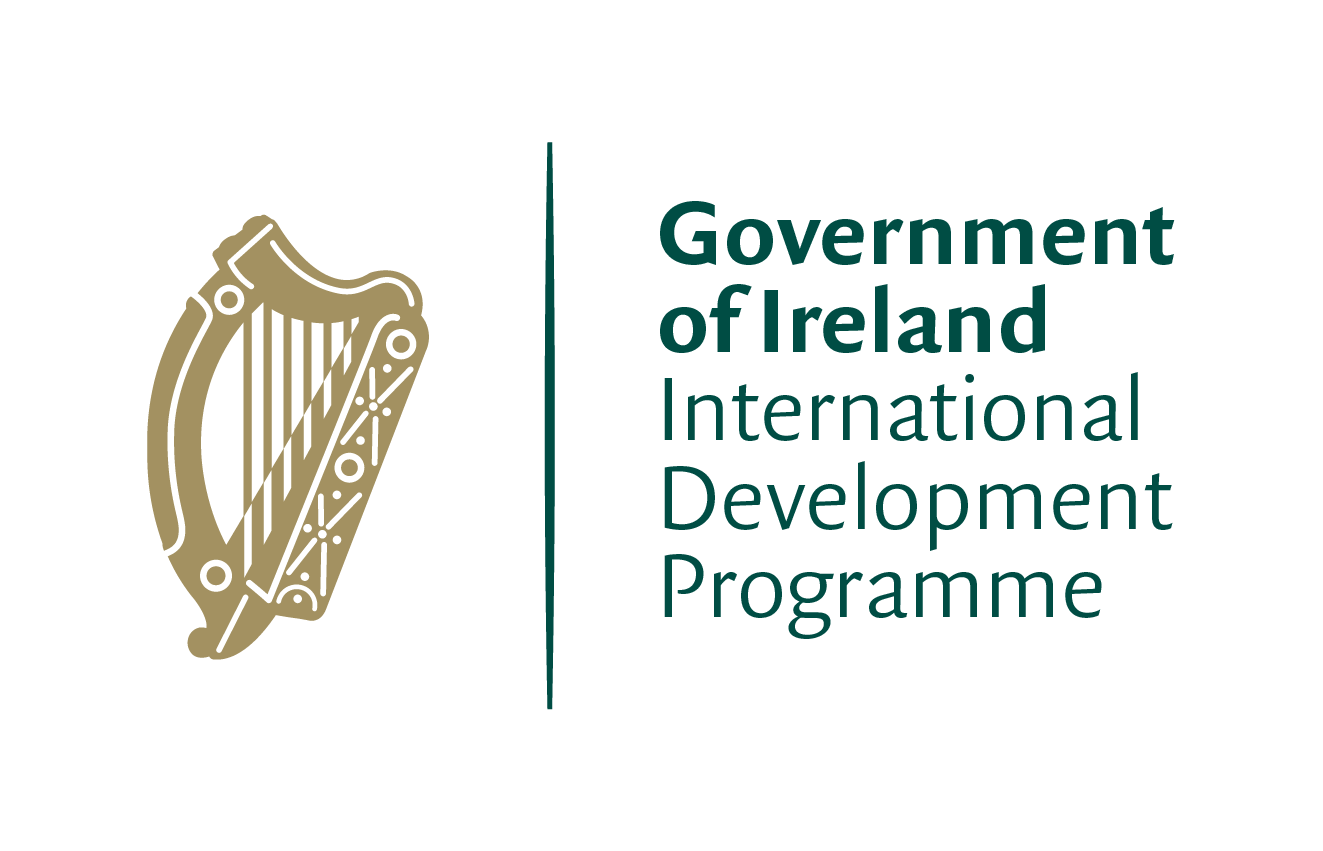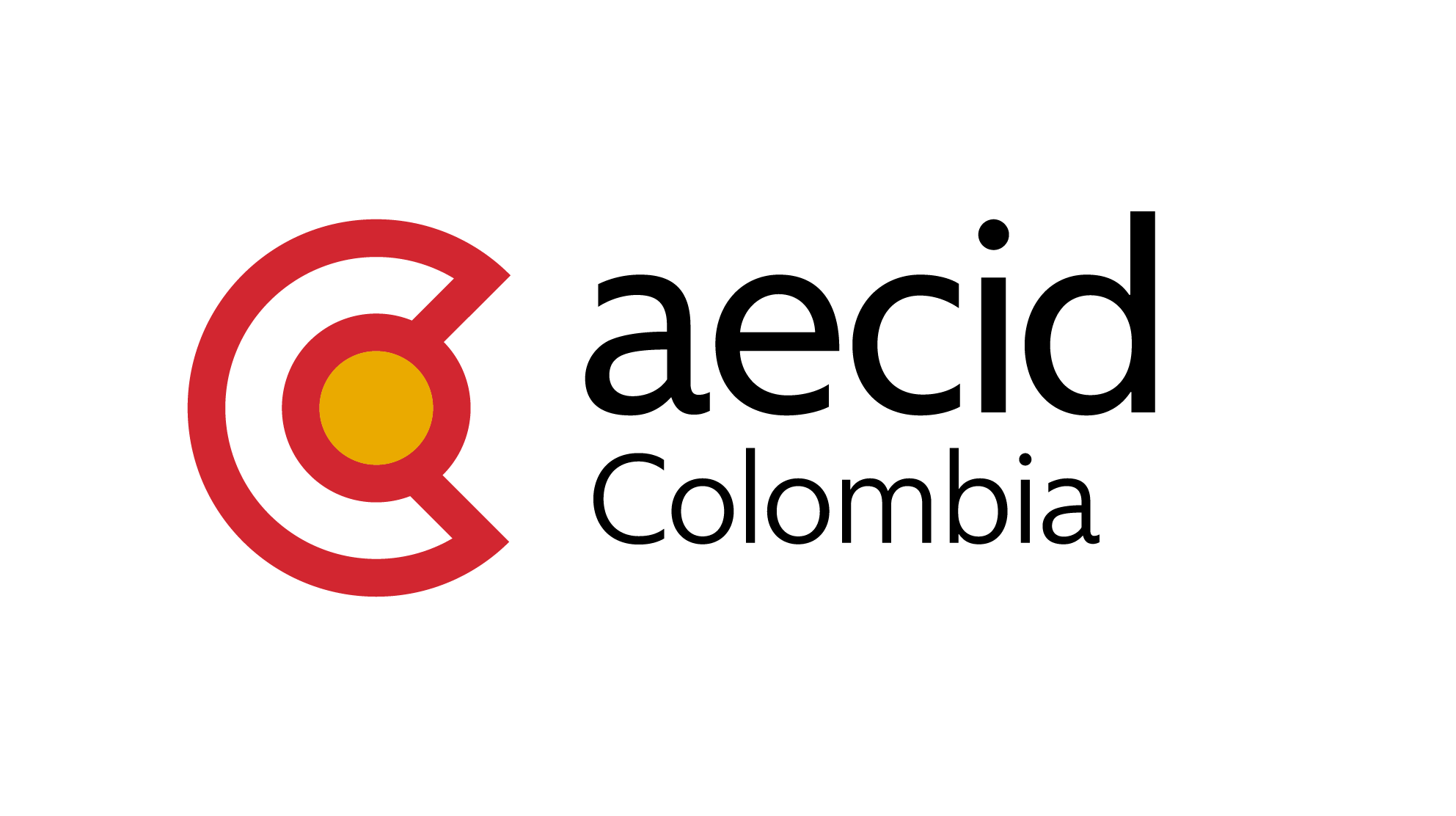Patch: in Colombia, "the collective made up of close friends "1 . This is what the Mesa LGBT de la Comuna 8 of Medellín was and still is. A patchwork of young people that the war wanted to silence and who today resist from their territory. This work is dedicated to them.
For LGBT organisations and groups present in territories impacted by the war in Colombia, the highest price is paid for the encounter, the patch: being together is a threat to heterosexuality, which as a norm has been promoted by society as a whole and radicalised by the armed forces. For the most part, LGBT people who in one way or another found spaces of refuge to exist collectively in their territories, recognise that their rights were violated because their presence was uncomfortable and undesirable under the exclusionary gaze of the actors in the conflict. Their mere existence, their cohabitation of the public space with them, represented a constant threat to their lives and integrity.
This report highlights how the processes of collectivisation and resistance of people with diverse sexual orientations and gender identities, which were once denied and silenced by the armed actors, are now welcomed and recognised by the institutions responsible for implementing transition policies in Colombia. Likewise, some recommendations are presented which, in addition to being addressed to the Victims Unit (hereinafter the Unit or UARIV), can be replicated in other comparative transition scenarios, as Colombia was the first country in the world to recognise an LGBT Collective Reparation Subject, within the framework of a transitional process.
In sum, this paper aims to show how reparation scenarios are institutional spaces that have enormous potential to re-establish the encounter of LGBT people as a powerful political action, which even in hostile places, such as the Esfuerzos de Paz I neighbourhood in Medellín's Comuna 8, can support the flourishing of diverse collective resistances.
In this way, territories such as the hillside neighbourhoods of Medellín, which have witnessed the most atrocious crimes as a result of the armed confrontation that has violently ravaged Colombia, can now also proudly observe a rainbow flag flying high up in the mountains. A flag that, in this context, is presented as a symbol of collective resistance and of the hope of building an inclusive and diverse national project that overcomes the dystopian present to which the war has condemned them.
Thus, this text reconstructs the experience of the Mesa LGBT de la Comuna 8 de Medellín, in its passage through the Collective Reparation Route (hereinafter RRC). Based on their observation, obstacles, difficulties, challenges and successes in the implementation of the National Programme for Collective Reparation (PNRC) are identified. Based on these findings, guidelines are formulated for the application of the normative, regulatory and internal provisions of the National Collective Reparation Programme with a gender, differential, transformative and intersectional approach, sensitive to the disproportionate violence to which LGBT people were subjected in the context of the armed conflict.



